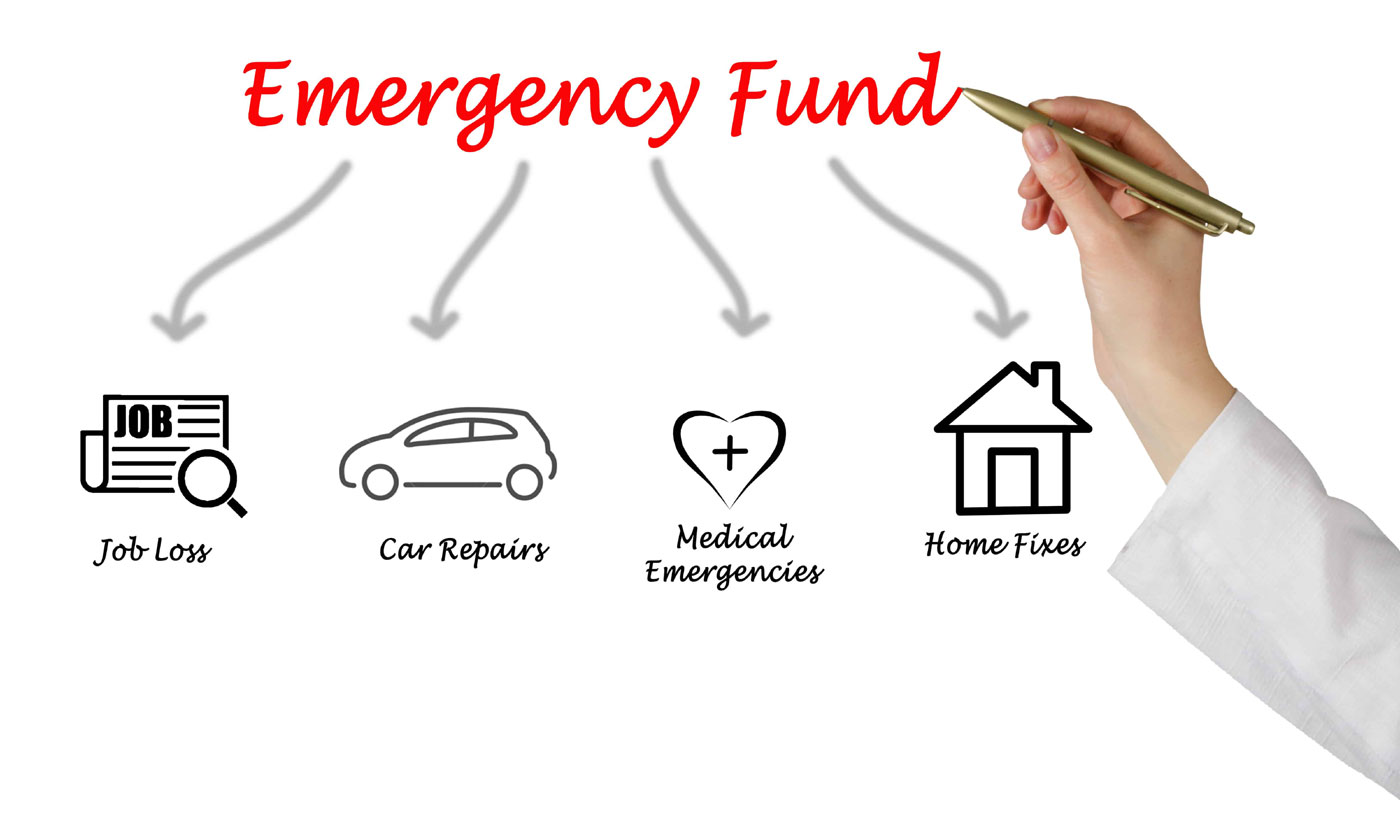57 years of friendship and a commitment to provide the very best financial services
We are your trusted friend who goes beyond the provision of financial solutions. At the heart of our mission is to ensure your overall financial wellbeing.
Start your financial journey with us today!
Our accounts are designed to give you a helping hand to ensure you plan smarter and live better and provide you with the best financial solutions.
Let your money work for you!
We help you plan for your short and medium-term commitments as well as emergencies. Saving money helps you achieve your goal.
Be smart with your money. Save, invest and grow.
Invest and co-own a growing financial institution. Secure your future through regular savings and investments.
Property
BUSINESS
Personal
Agricultural
General
Property & Asset
Motor Insurance
Agricultural
Other Services
All the updates on Amica
Everything you need to know about Amica
Why You need an Emergency Fund

Small and Medium Enterprises (SMEs) have been heavily affected by COVID-19 pandemic, due to the closures and reduced working hours that had been recommended to curb the spread of the virus. At least one million Kenyans have lost their jobs or have been put on indefinite unpaid leave as the Covid-19 pandemic morphs into a major jobs crisis.
The current pandemic serves us a sobering reminder that life can throw our way unexpected events with devastating financial effects like emergency medical bills, job loss, a death in the family, abrupt car and house repairs, emergency trips, time taken in-between jobs, natural disaster among others.
Emergency fund is money put aside to cover you in the event of an unexpected financial blow. The amount to set aside depends on a number of factors which include; your current income, costs and bills, lifestyle, and number of dependents. If you work in a field where layoffs are common then it’s wise to save more rather than less. It is recommendable to build your emergency fund to cover at least three to six months of expenses. However, if that seems daunting, then you can start with a smaller, more attainable goal.
Choose the right account to hold your emergency fund; one that is interest-earning and you can access your money in case of a need.
The best way to build your emergency fund is regular and consistent contributions through automatic transfers from your current account to the emergency fund account. You can also commit to contribute to your emergency fund when you receive sums of money outside of your usual income, such as gifts, bonuses, and tax returns.
Below are a few reasons as to why you need to build your emergency fund;
1. Shields you from taking unnecessary loans
When hit by an unexpected financial blow, it’s natural to try “fix” it through credit even without putting much into consideration like loan terms and repayment plan. Bad loans as discussed in our previous articles are more expensive and leave you in a bigger financial mess than you were before you took it. An emergency fund helps you cover the things you didn’t budget for, like car repairs or medical costs.
2. Helps keep your budget on check
Having set some money for emergencies when setting out your budget does not shield you from future uncertainties fully. An emergency fund helps you adjust your resources to handle the arising needs without adversely affecting your budget.
3. Peace of mind
An emergency fund gives you peace of mind if you lose your job, become too ill to work or have to cover a major car or home repair. It also allows you time to make sound judgement on how to get back on your feet.
4. Maximize opportunities
“In the midst of every crisis lies great opportunity” Albert Einstein
Emergency fund can help you maximize fully from opportunities rising up in the market. Take an example of people who were able to produce masks and sanitizers within the first few weeks of the outbreak of Covid-19.
5. Allows you to focus on long-term financial goals
If you are working towards a goal like owning a home or starting a business, an emergency fund saves you from eating into those savings when unexpected financial expense crops up. This means that your on-going projects are least interfered with.
At Amica we have Futures Savings and Treasure Accounts that earns you interest and money is available on need basis.
The latest news from Amica Savings & Credit
Thank you for your email.
We will get back to you shortly.
Borrow
Contact Us
Branches
Telephone: +254 729 333 444/ 0111 026 100
SMS Code: 20298
Email: hello@amicacs.co.ke
© 2024 Amica Savings & Credit Limited. All Rights Reserved.






